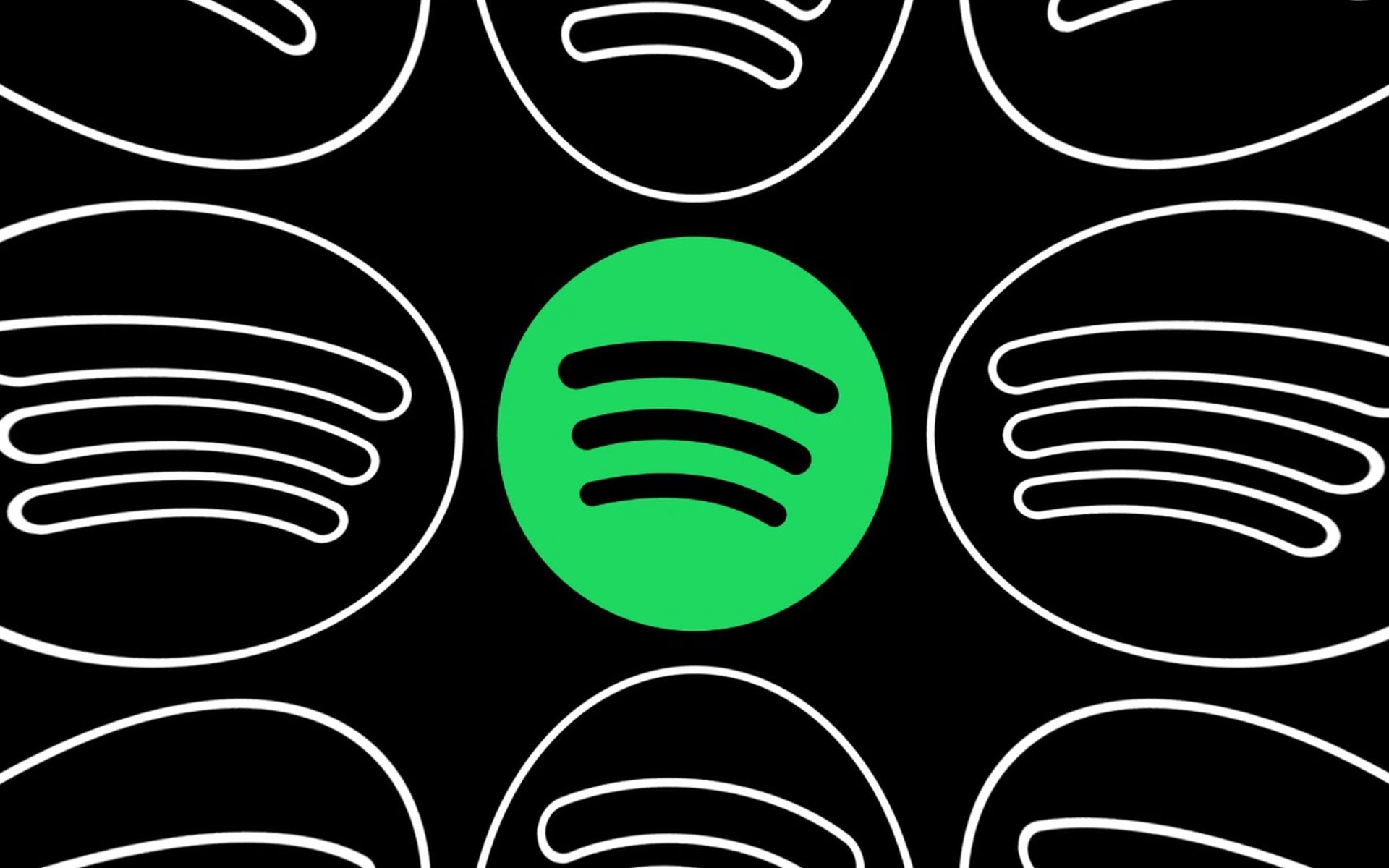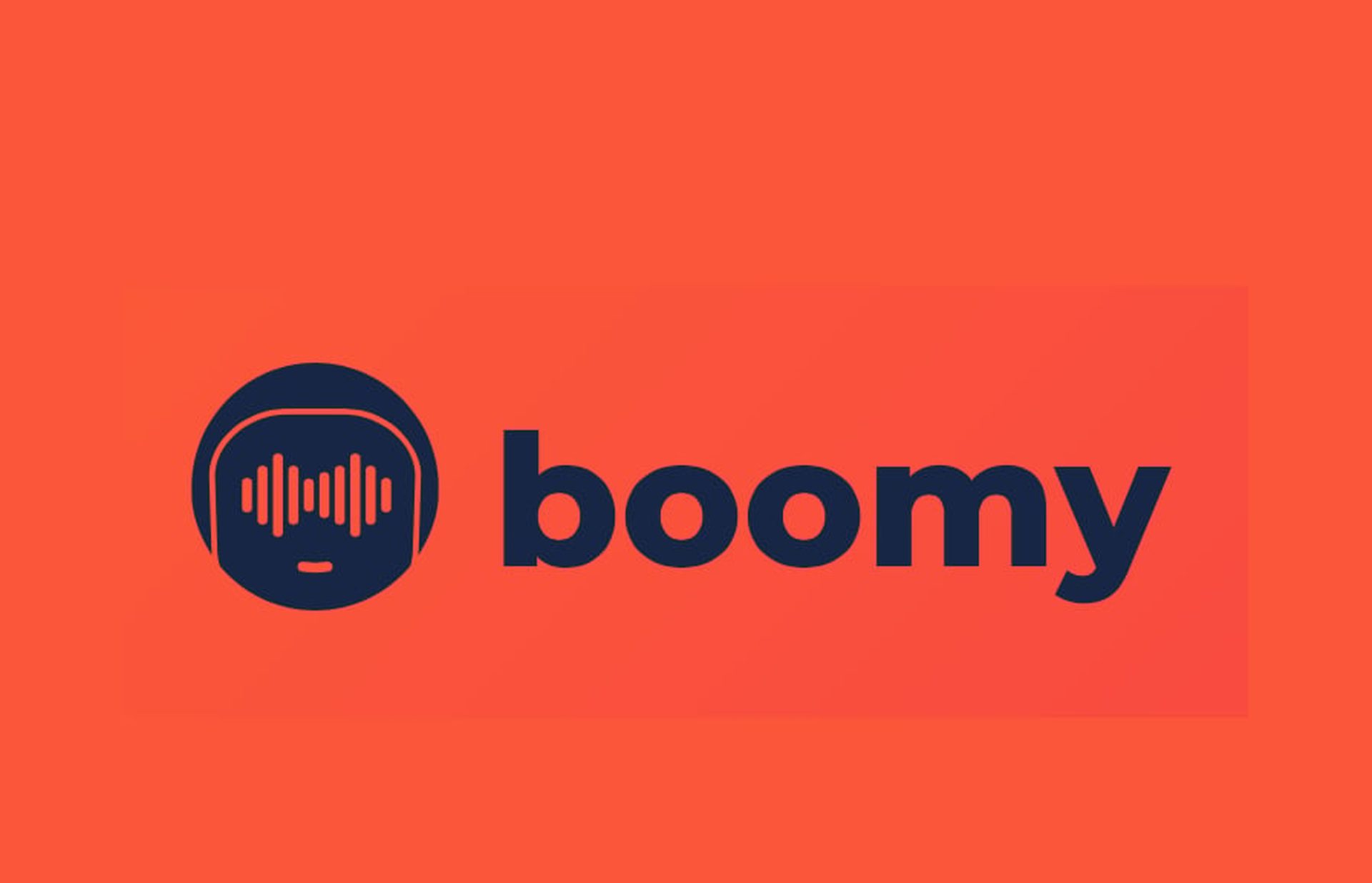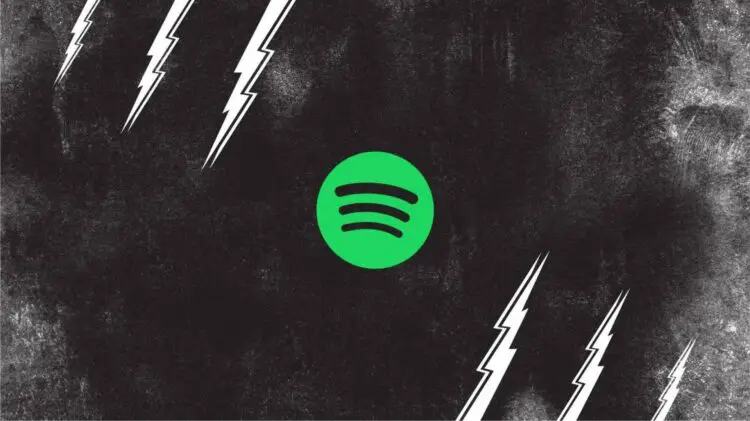Spotify, the world’s largest music streaming platform, has recently removed tens of thousands of songs from its library that was created by artificial intelligence (AI). The reason for this purge was not the quality or originality of the songs but the suspicion that they were being streamed by bots to generate fraudulent royalties.
According to a report by the Financial Times, Spotify took action against Boomy, an AI music startup that allows users to generate and upload songs based on different genres and moods. Boomy claims to have produced 14.5 million songs, or 14% of the world’s recorded music, since its launch in 2021. However, some of these songs were flagged by Universal Music Group, one of the biggest record labels in the industry, for having suspiciously high levels of streaming activity.
 Spotify vs AI
Spotify vs AI
Spotify said that it detected “artificial streaming” of some Boomy tracks and decided to take them down, along with withholding any royalties that might have been earned by them. Spotify also temporarily blocked new uploads from Boomy until the issue was resolved. Boomy said that it was “categorically against any type of manipulation or artificial streaming” and that it was working with Spotify to restore its service.
The incident highlights the challenges and opportunities that AI music poses for the music industry. On the one hand, AI music can offer a new way of creating and discovering music for both artists and listeners, as well as a potential source of income for aspiring musicians. On the other hand, AI music can also raise ethical and legal questions about intellectual property rights, quality standards, and fair compensation for human artists.
What is Boomy?
Boomy is a firm in the field of music technology that uses generative AI to let its customers create their own songs. Boomy is a music-making platform where users may enter lyrics or pick from a library of pre-written themes. The created song may then be modified and perfected by the user before being uploaded to services like Spotify and Apple Music.
 The goal of the Boomy platform is to level the playing field when it comes to making and sharing music by eliminating the need for expensive equipment or specialist knowledge. However, the site has recently been under fire because of suspicions of fraudulent streaming activity and the use of bots to boost listener counts and generate income for uploaders artificially. As a result of these complaints, Spotify has apparently erased tens of thousands of songs made by Boomy’s systems. Boomy has indicated that it would continue to offer its services to consumers throughout the world despite these difficulties since the company is dedicated to its original goal of making music production available to everyone.
The goal of the Boomy platform is to level the playing field when it comes to making and sharing music by eliminating the need for expensive equipment or specialist knowledge. However, the site has recently been under fire because of suspicions of fraudulent streaming activity and the use of bots to boost listener counts and generate income for uploaders artificially. As a result of these complaints, Spotify has apparently erased tens of thousands of songs made by Boomy’s systems. Boomy has indicated that it would continue to offer its services to consumers throughout the world despite these difficulties since the company is dedicated to its original goal of making music production available to everyone.
AI music is not a new phenomenon
For decades, researchers and musicians have been experimenting with algorithms and software that can generate music based on various rules and inputs. However, in recent years, advances in deep learning and neural networks have enabled more sophisticated and realistic forms of AI music generation, such as OpenAI’s Jukebox and Google’s Magenta.
These technologies can learn from large datasets of existing music and produce new songs that mimic the style, structure, and lyrics of different genres and artists. Some AI-generated songs have even been released commercially, such as “Break Free” by Taryn Southern and “Not Easy” by Alex Da Kid.
However, AI music also faces some limitations and criticisms. For one thing, AI music still relies on human input and guidance to some extent, such as choosing the parameters, data sources, and output formats for the algorithms. For another thing, AI music may lack the creativity, emotion, and originality that human artists bring to their work. Some critics also argue that AI music may devalue the artistry and skill of human musicians, as well as infringe on their intellectual property rights.
 As AI music becomes more accessible and prevalent, it may also pose new challenges for the music industry in terms of regulation and monetization. For instance, how should AI-generated songs be licensed and distributed? Who owns the rights to the songs, and who should receive royalties from them? How should streaming platforms detect and prevent bot activity and fraud? How should listeners be informed about the source and nature of the songs they are listening to?
As AI music becomes more accessible and prevalent, it may also pose new challenges for the music industry in terms of regulation and monetization. For instance, how should AI-generated songs be licensed and distributed? Who owns the rights to the songs, and who should receive royalties from them? How should streaming platforms detect and prevent bot activity and fraud? How should listeners be informed about the source and nature of the songs they are listening to?
These are some of the questions that may need to be addressed as AI music continues to evolve and influence the music landscape. Spotify’s purge of AI songs may be just one example of how the industry is trying to cope with this emerging phenomenon.





